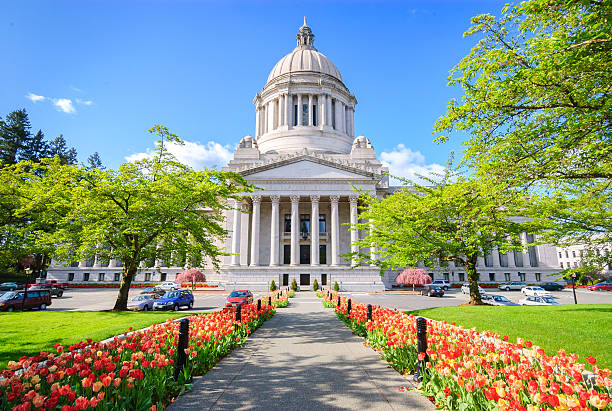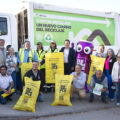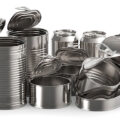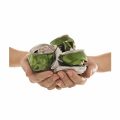The Washington state legislature recently passed an Extended Producer Responsibility (EPR) law for packaging, shortly after Maryland approved a similar measure. This reinforces the growing trend in the United States towards policies that hold producers responsible for waste management.
Washington already has EPR programs for products such as electronics, mercury-containing lights, solar panels, medications, paint, and batteries. However, attempts to implement EPR specifically for packaging had been under discussion for several years.
Legislators Liz Lovelett and Liz Berry, who championed the bill, state that this legislation will improve access to recycling throughout the state and reduce the amount of waste ending up in landfills. Currently, only 58% of jurisdictions in Washington have curbside recycling collection, and 11 counties lack this service entirely.
Organizations such as Zero Waste Washington, the Northwest Product Stewardship Council, and the Association of Plastic Recyclers supported the measure. Lovelett emphasized that this law represents a historic step towards a cleaner, more equitable, and sustainable recycling system.
However, some waste management companies—such as WM, Republic, Waste Connections, and the Washington Refuse and Recycling Association (WRRA)—opposed it, arguing that the program is untested and could generate high costs for residents. These groups supported an alternative proposal (HB 1071) that suggested first conducting a statewide needs study, but this initiative did not progress.
Under the new bill, producers must join a producer responsibility organization (PRO) by July 1, 2026. This entity must submit a plan to the Department of Ecology for approval by October 1, 2028.
Additionally, the Department of Ecology will conduct a needs assessment of the state’s recycling system by December 31, 2026, and update the data before the end of 2027.
The reimbursement system for recycling service providers will be implemented gradually: 50% in 2030, 75% in 2031, and 90% in 2032. To access these payments, material recovery facilities (MRFs) must be registered and annually report data on volumes and quality of materials. Starting in 2028, those handling more than 25,000 tons annually will have to guarantee a minimum industry wage to their workers.
Other entities that supported the law include The Recycling Partnership, Washington Beverage Association, and Ameripen. Among the opponents are the Consumer Brands Association, Consolidated Disposal Service, Sunshine Disposal Recycling, the Washington Food Industry Association, and the state’s Hospitality Association.
If Governor Jay Ferguson signs the bill, the EPR for packaging will be fully implemented in Washington by 2030. He has a 30-day period from receiving the bill to give his approval.








